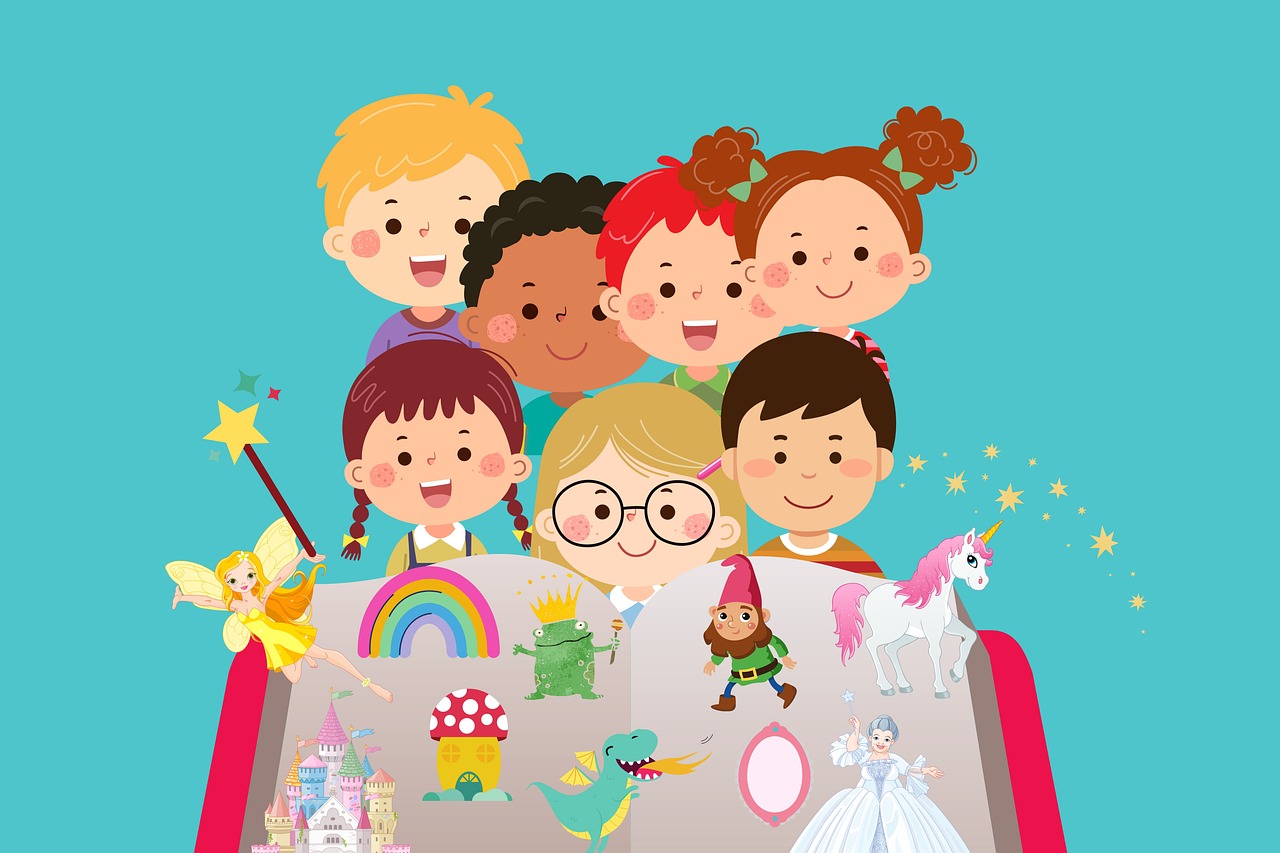The Impact of Early Childhood Education Programs on Public School Readiness: Allexchbet, 99exch, All panel.com
allexchbet, 99exch, all panel.com: The impact of early childhood education programs on public school readiness is a topic that has garnered significant attention in recent years. As educators, policymakers, and parents alike recognize the importance of providing children with a strong foundation for learning, the role of early childhood education has become increasingly vital.
Early childhood education programs, such as preschool and pre-kindergarten, have been shown to have a positive impact on children’s readiness for public school. Research has demonstrated that children who participate in high-quality early childhood education programs are more likely to enter school with the skills and knowledge necessary to succeed academically.
One of the key benefits of early childhood education programs is the development of cognitive skills. Children who attend preschool or pre-kindergarten are exposed to a structured learning environment that helps to build important skills such as language development, critical thinking, and problem-solving. These skills are essential for success in school and beyond, and early childhood education programs provide a solid foundation for their development.
In addition to cognitive skills, early childhood education programs also help children develop social and emotional skills. By interacting with their peers and teachers in a classroom setting, children learn valuable lessons in communication, cooperation, and empathy. These skills are crucial for building positive relationships with others and navigating the social dynamics of the classroom and beyond.
Furthermore, early childhood education programs can have a positive impact on children’s physical health and well-being. Many programs emphasize the importance of physical activity, healthy eating habits, and overall wellness. By instilling these habits at a young age, early childhood education programs can help children establish healthy behaviors that will benefit them throughout their lives.
Overall, the impact of early childhood education programs on public school readiness is undeniable. By providing children with a strong foundation in cognitive, social, emotional, and physical development, these programs set students up for success as they transition into the public school system.
FAQs:
1. What is the difference between preschool and pre-kindergarten?
Preschool programs are typically geared towards younger children, while pre-kindergarten programs are designed for older children who are preparing to enter kindergarten.
2. How can parents find high-quality early childhood education programs for their children?
Parents can research different programs in their area, visit facilities, and ask for recommendations from other parents or educators.
3. What should parents look for in a high-quality early childhood education program?
Parents should look for programs that have qualified teachers, a structured curriculum, small class sizes, and a focus on both academic and social-emotional development.
4. Are there any government-funded early childhood education programs available?
Yes, there are government-funded programs such as Head Start and state-funded preschool programs that provide early childhood education to children from low-income families.







